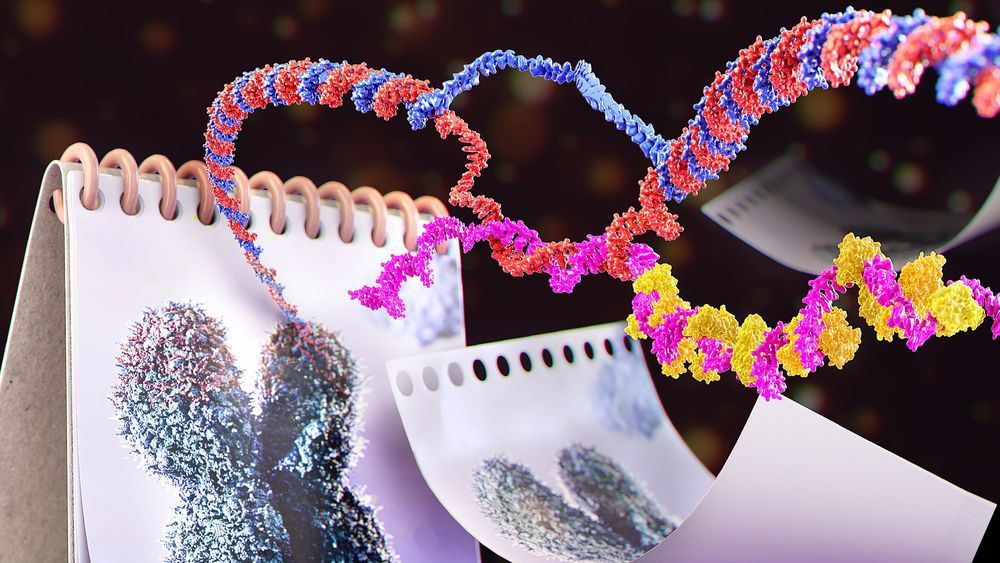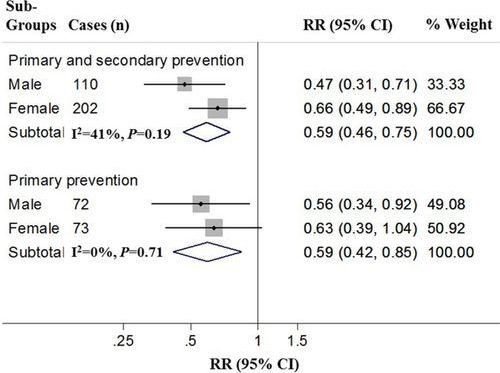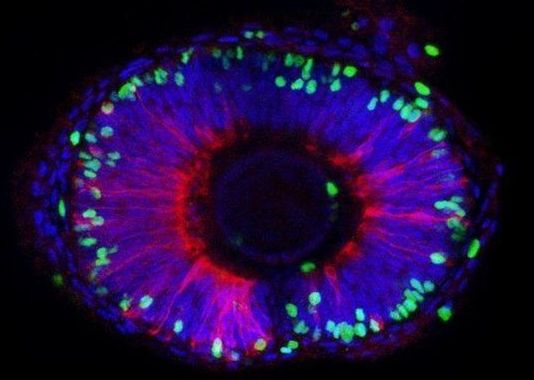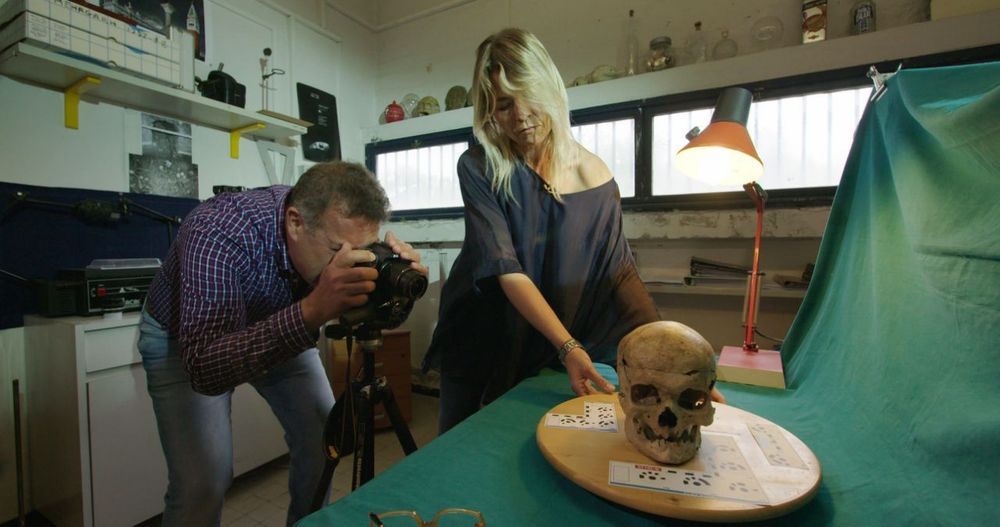However, it was unclear how TERRA got to the tip of chromosomes and remained there. “The telomere makes up only a tiny bit of the total chromosomal DNA, so the question is ‘how does this RNA find its home?’” Lingner says. To address this question, postdoc Marianna Feretzaki and others in the teams of Joachim Lingner at EPFL and Lumir Krejci at Masaryk University set out to analyze the mechanism through which TERRA accumulates at telomeres, as well as the proteins involved in this process. The findings are published in * Nature*.
**Finding home**
By visualizing TERRA molecules under a microscope, the researchers found that a short stretch of the RNA is crucial to bring it to telomeres. Further experiments showed that once TERRA reaches the tip of chromosomes, several proteins regulate its association with telomeres. Among these proteins, one called RAD51 plays a particularly important role, Lingner says.
RAD51 is a well-known enzyme that is involved in the repair of broken DNA molecules. The protein also seems to help TERRA stick to telomeric DNA to form a so-called “RNA-DNA hybrid molecule”. Scientists thought this type of reaction, which leads to the formation of a three-stranded nucleic acid structure, mainly happened during DNA repair. The new study shows that it can also happen at chromosome ends when TERRA binds to telomeres. “This is paradigm-shifting,” Lingner says.
The researchers also found that short telomeres recruit TERRA much more efficiently than long telomeres. Although the mechanism behind this phenomenon is unclear, the researchers hypothesize that when telomeres get too short, either due to DNA damage or because the cell has divided too many times, they recruit TERRA molecules. This recruitment is mediated by RAD51, which also promotes the elongation and repair of telomeres. “TERRA and RAD51 help to prevent accidental loss or shortening of telomeres,” Lingner says. “That’s an important function.””
Molecules that accumulate at the tip of chromosomes are known to play a key role in preventing damage to our DNA. Now, researchers at EPFL have unraveled how these molecules home in on specific sections of chromosomes—a finding that could help to better understand the processes that regulate cell survival in aging and cancer.






